Macronutrients simplified
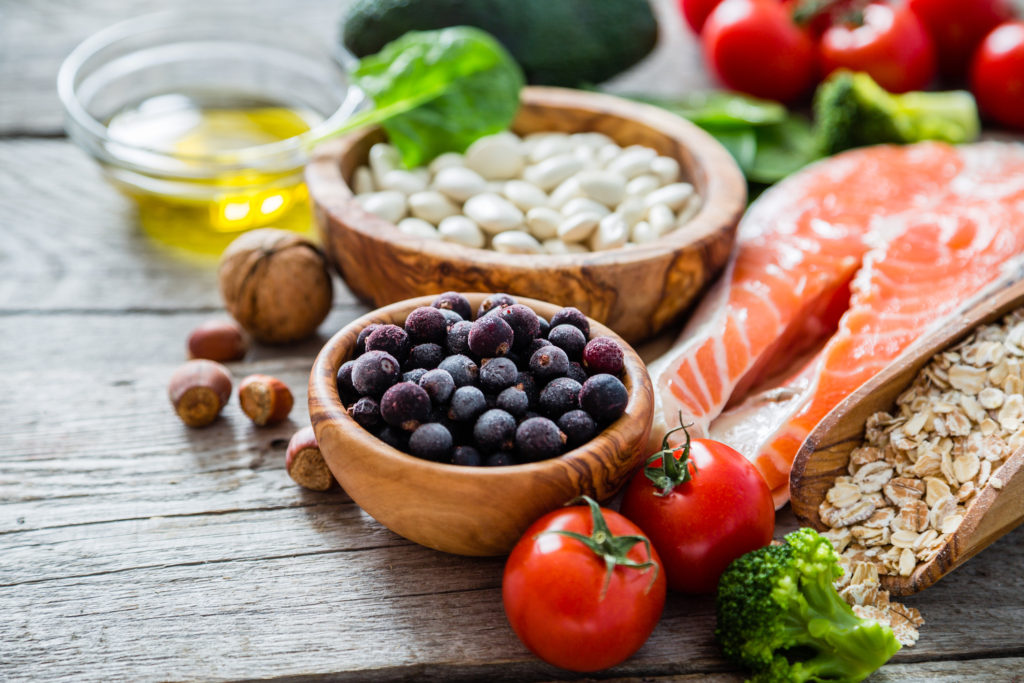
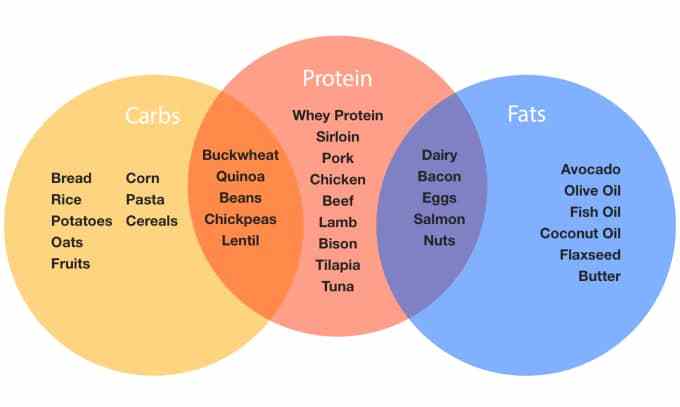
Macronutrients: The Essentials of a Healthy Diet
Carbohydrates, protein, and fat are your body’s primary sources of energy which is why they are called “macronutrients”. Understanding the effect each has on your body is important for making healthier food choices and creating a balanced, healthy diet.
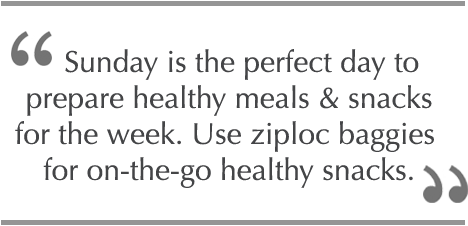
Carbohydrates
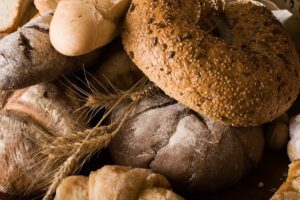
*Serving size = one slice of bread, one cup of breakfast cereal, 1/2 cup of cooked pasta, cooked rice, or cooked cereal. 20 – 70 grams of carbs a day is recommended for weight loss.
Your body burns carbs for fuel to get through daily activity and exercise. But not all carbohydrates are equal. Simple carbs are quickly broken down into glucose (sugar) in your body. Simple sugars are most commonly found in processed foods like white bread, candy, sugary sodas, etc. In contrast, complex carbs take time to digest, so they leave you feeling fuller longer and offer more health benefits. The best sources of complex carbs – whole grains, vegetables, fruits, and beans – promote good health by delivering vitamins, minerals, and fiber.
Fast digesting carbs from white bread, white rice, pastries, sugared sodas, and other highly processed foods contribute to weight gain, interfere with weight loss, and promote diabetes and heart disease.
Researchers have found that complex (whole) carbs substantially reduces LDL (bad) cholesterol, triglycerides and insulin levels, decreases the risk of developing Type 2 Diabetes, and is loaded with fiber to keep the stool soft and bulky (to grab onto the fat and remove it from your body), and helps prevent constipation.
Sources for whole grains include brown rice, whole grain bread and pasta, buckwheat, oatmeal, wild rice, and quinoa.
The Power of Protein
*Serving size = 4 to 6 oz.

US & Canadian Dietary Reference Intake guidelines recommend women aged 19–70 consume 46 grams of protein per day, while men aged 19–70 need to consume 56 grams of protein per day to avoid a deficiency. Protein is an important component of every cell in the body. Hair and nails are mostly made of protein. Your body uses protein to build and repair tissues. Protein is an important building block of bones, muscles, cartilage, skin, and blood.
Along with fat and carbohydrates, protein is a “macronutrient,” meaning that the body needs relatively large amounts of it. Vitamins and minerals, which are needed in only small quantities, are called “micronutrients.” But unlike fat and carbohydrates, the body does not store protein and therefore has no reservoir to draw on when it needs a new supply. Nutrition experts recommend getting dietary proteins from the following sources:
- Fish: Fish offers heart-healthy omega-3 fatty acids and, in general, less fat than meat.
- Poultry: You can eliminate most of the saturated fat by removing the skin.
- Beans: Beans contain more protein than any other vegetable protein. Plus, they’re loaded with fiber that helps you feel full for hours.
- Nuts: One ounce of almonds gives you 6 grams of protein, nearly as much protein as one ounce of broiled ribeye steak.
- Whole grains: A slice of whole wheat bread gives you 3 grams of protein, plus valuable fiber.
Healthy Fats
*Serving size = 20 to 35 percent of your daily calories.
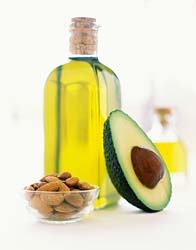
Fats are a source of essential fatty acids and vitamin E. It is important to consume sufficient omega-3 fatty acids found in fish and flax, and to reduce consumption of saturated fat found in red meats, and trans fat or hydrogenated oils found in processed foods.
Monounsaturated fat is considered a healthy fat without any adverse effects on the body. It provides protection from cancer and heart disease. One of the best options for taking monounsaturated fat in food is olive oil. Another form of healthy fat is polyunsaturated fat. It provides all the necessary fatty acids for healthy skin and assists in the development of body cells.
A great source of getting healthy fats in your diet: raw almonds, walnuts, fish, olive oil, flaxseed, and natural peanut butter.
Good health is not a struggle, nor it is an extraordinary feat. Healthy living is about understanding what your body needs and what’s good for it and eating accordingly.

